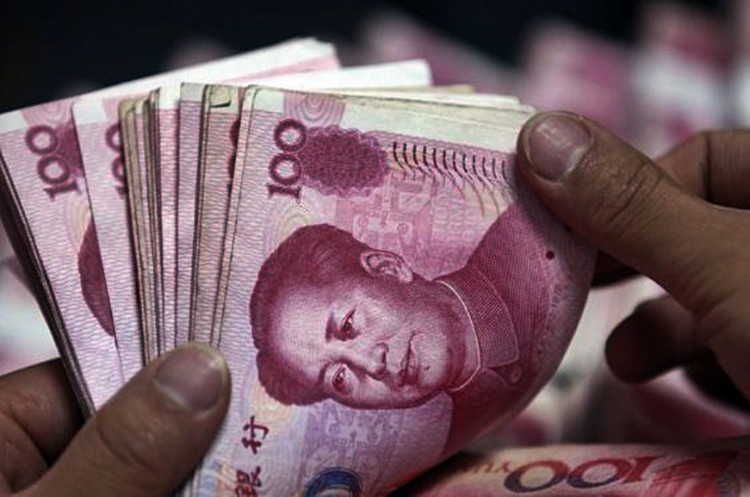The number of corporate bond defaults in China is expected to zoom to a record high by the end of the year, another chilling dedicator that Asia's largest economy is slowing down amid a painful government crackdown of shadow financing firms.
Until June 30, Chinese companies have defaulted on $2.5 billion worth of public bond payments compared to the high of $3.1 billion in all of 2016. That total bond defaults for 2018 will exceed the numbers for 2017 is now a certainty. Borrowers have missed payments on at least 20 domestic bonds until end-June and this number is increasing, said data compiled by Western analysts.
Total defaulted notes outstanding at the end of May stood at $9.99 billion, or 0.39 percent of corporate bonds outstanding, according to the People's Bank of China (PBOC), the de facto central bank. PBOC noted the smallness of this total but is nonetheless concerned this huge total will rise even more.
"Corporate profits have worsened this year and are unlikely to improve against the backdrop of an economic slowdown," said Li Shi, general manager of the rating and bond-research department at China Chengxin International Credit Rating Company. "Refinancing will continue to be tough as long as the crackdown on shadow banking continues."
Local firms comprise most of China's corporate debt market, which is now under terrible stress because of a relentless wave of credit downgrades. Dagong Global Credit Rating, one of China's leading credit rating agencies, says it has been downgrading firms in record numbers.
Dagong reports 13 credit-rating downgrades compared so far this year, the highest such ratio on record. On the other hand, the firm reported 10 credit upgrades. Other rating agencies such as China Chengxin International Credit Rating Group (China's first national credit rating agency) and China Lianhe Credit Rating Company also report the downgrading of record numbers of firms.
The central government, however, considers bond defaults as being necessary for the long-term development of Chinese markets. Defaults "are necessary for better credit-risk pricing and will create a healthier bond market in the long-term," argues Christopher Lee, managing director of corporate ratings at S&P Global ratings in Hong Kong.
"It is unlikely there will be a wave of large-scale defaults or concentration of defaults -- any such developments will be quickly contained to prevent systemic risks from emerging."
An escalation of the ruinous trade conflict between China and the U.S. will add to the number of defaults in China's financial system. This negative development will weaken consumer demand and the broader economy while also worsening credit quality in the future.





